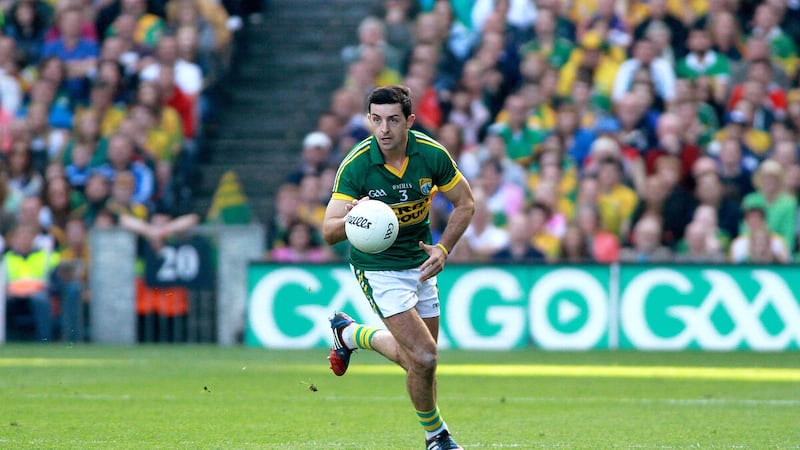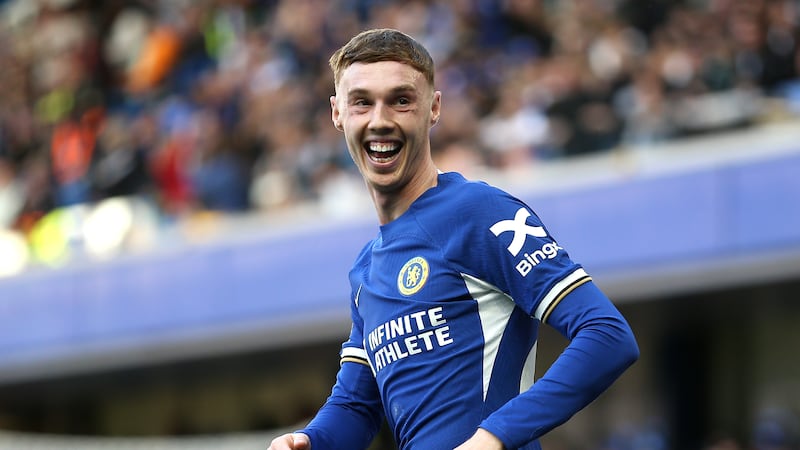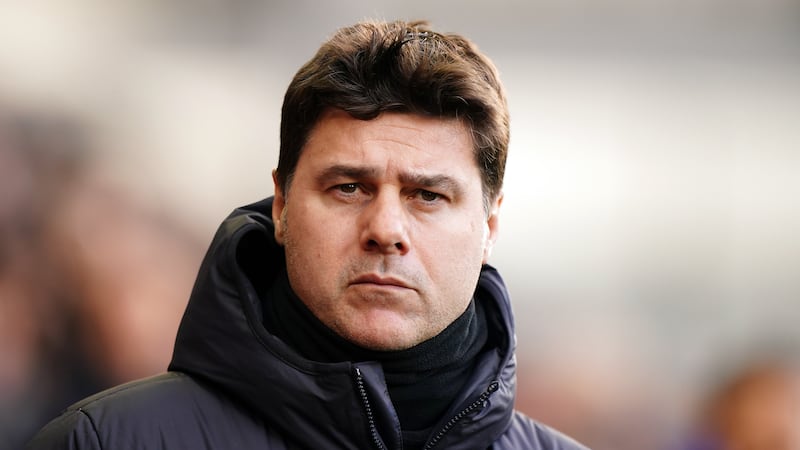I have often heard it said about sportspeople that “they are completely different off the field” or “he isn’t like that in real life”.
I’ve never really thought about these comments much in the past but after watching Laochra Gael at the weekend in which Aidan O’Mahony was talking about his GAA career and life in general it struck a chord with me.
For many performers, stage persona and presence is generally an act. Our favourite singers, bands, actors or dancers are tuning into and highlighting specific parts of their personality for the show and when they step off the stage they are back to ‘real life’ and themselves again.
It dawned on me then that playing Gaelic football (or any sport) is no different. When we pull on our jerseys, we are playing a role, we are part of a bigger production. It is hard then when the final whistle blows to step back into real life and have all the opinions of media and ‘supporters’ to absorb and process.
O’Mahony was very open and honest in his assessment of his mental health and how it was impacted following an incident on the field of play.
Kerry were playing Cork in 2007 and there was a ‘diving’ incident after which pundits and media were very vocal in their opinions of O’Mahony’s actions.
The following year Aidan failed a drug test and was brought before the GAA’s anti-doping committee. He was cleared and it was revealed that the results were because of asthma medication.
He was using an inhaler to treat a condition he had struggled with from childhood but somehow he ended up being portrayed as someone trying to gain a competitive advantage.
It’s mad how easily things can be twisted and reworded. A constant barrage of questions, queries and doubts about your reputation would wear anyone down. Having to face that all as the result of a chosen sport rather than a career or personal life is just unfair.
I would never speak about anyone else’s health (physical or mental), but I remember after the ‘hair ruffling’ incident between Tiernan McCann and Darren Hughes when Tyrone played Monaghan in 2015 that there was a lot of media commotion.
I would be good friends with Darren and we spoke at the time about the amount of group chats, memes, and tweets about it all. I was teammates with Tiernan and the worry and stress that he was subjected to after the incident was cruel. Tiernan was starting out in his profession, he had studied and worked hard for years to get to where he was and he genuinely feared for his reputation off the field after all the drama and hatred that he was being subjected to.
People were making flippant comments and firing ridiculous accusations at him, meaning any potential employer who looked up his name would see all that and not the accreditations he had worked so hard to attain.
AS his brother, I can remember several different instances when Sean was the target for the media and online trolls. He always seemed able to brush it off, adopt a thick skin and not let anything annoy him off the field. I always admired his ability to leave the drama on the pitch and not let it impact his personal or professional life.
The incident when Sean pulled down Conor McManus in 2013 (what is it with them Monaghan lads, eh?!) completely exploded in the media and has been credited as being the cause of the black card being introduced to football.
I know, behind it all, it did affect Sean, despite the persona he adopted afterwards; that level of scrutiny and the level of hatred levied at him is bound to play on your mind no matter how hard you try to block it out.
Some players have the reputation for being rough or dirty on the field and yet they are going home to their families, some with young children, some teaching kids during the week, some caring for others in medical professions, and their personality off the pitch is the polar opposite of their reputation on the field of play.
Being able to keep these personas separate and having the confidence to know the difference as players is very difficult, never mind having to remind the media of this.
Sometimes the scrutiny and abuse can be even more intense at club level. Competition is fierce, local rivalries come into the equation and often that competitiveness spills over. Posting videos, pictures and opinions on social media has become the norm, it has now literally become a job for some people.
A bad tackle or a kneejerk reaction to a decision on the field is posted online within seconds of it happening, edits are made, and before the match is even over it is often the case that trial by social media has happened. Teams can barely even celebrate a victory now without there being some ‘scandal’ as the outcome.
We take part in an amateur sport, we play for pride, alongside friends and family. It is now considered ‘part of the job’ to deal with media but we need to remember that GAA is none of our ‘jobs’ – it is a social activity that should be participated in for the good of both our physical and mental health, not to the detriment of our mental health.








